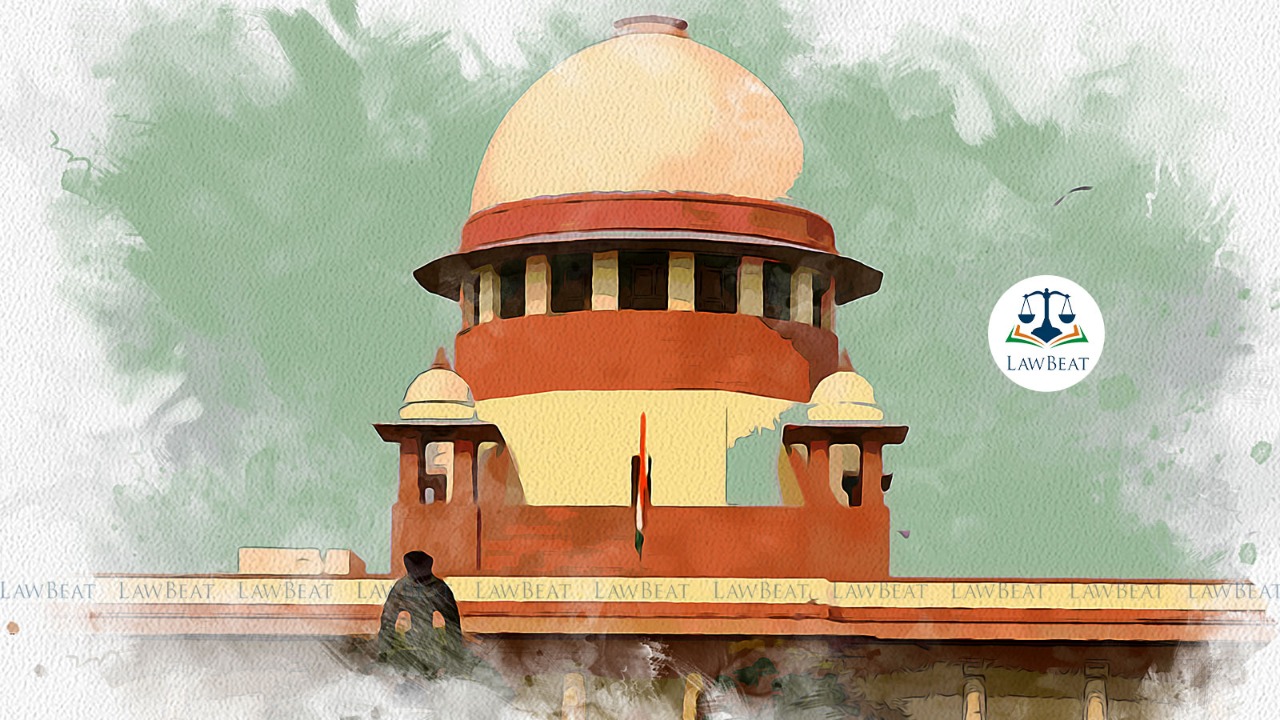“Show us if Hindus have been denied minority status in certain states”: Supreme Court in plea challenging National Commission for Minorities Act

The bench queried, “In a given situation if a status gets denied, you can challenge it. How has the Act been challenged without any cause of action?”
A Supreme Court bench, headed by Justice UU Lalit today asked the petitioner challenging the National Commission for Minorities Act, to show them as to whether Hindus have been denied minority status in any of the States.
The court was hearing a plea filed by Devkinanda Thakur, challenging the National Commission for Minorities Act. The plea alleged that when the Act came into force the Central Government arbitrarily notified Muslims, Christians, Sikhs, Buddhists, and Parsee as minorities.
When the plea came up for hearing, Senior Advocate Arvind Datar appeared for the petitioner and informed the court that similar pleas are pending before the Court. The bench, however, questioned him on the cause of action for the plea. It queried, “In a given situation if a status gets denied, you can challenge it. How has the Act been challenged without any cause of action?”
Datar argued that notification of 1993 notified Muslims, Christians, Sikhs, Buddhists, Parsi and Jain as minorities at the national level, however, the Supreme Court, in some judgments has said that minorities have to be notified state wise.
The bench, at this point, questioned Datar on whether a notification awarding minority status was necessary for a community in order to exercise its rights? Datar, replied that rights under Articles 29 and 30 cannot be exercised without a notification.
The bench, however, questioned Datar as to how the petitioner was affected by the legislation. Datar sought time to respond to the bench’s query.
The bench, accordingly, adjourned the matter for two weeks.
The plea sought direction to define ‘minority’ and lay down ‘guidelines for identification of minorities at district level’, to ensure that only those religious and linguistic groups, which are socially, economically, politically non-dominant & numerically very inferior get the benefits.
It stated that till date followers of Judaism, Bahaism, and Hinduism who are real minorities in Ladakh, Mizoram, Lakshadweep, Kashmir, Nagaland, Meghalaya, Arunachal Pradesh, Punjab, and Manipur, cannot establish & administer educational institutions of their choice because of non-identification of ‘minority’ at State level.
It may also be noted that there is another plea filed by Advocate Ashwini Kumar Upadhyay pending before the Apex Court seeking minority status for Hindus in states where their numbers have gone below other communities. Wherein, the Ministry of Minority Affairs had informed the Supreme Court that the questions involved in the plea will have far-reaching ramifications throughout the country.
In addition to this, the government had said that any stand taken without detailed deliberations with the stakeholders may result in an unintended complication for the country.
The affidavit had stated, "The stand to be formulated by the Central Government with regard to issues raised in this group of petitions will be finalized after having a wide consultation with the State Governments and other stakeholders."
Cause Title: Devkinandan Thakur Ji Vs. Union of India & Ors.
